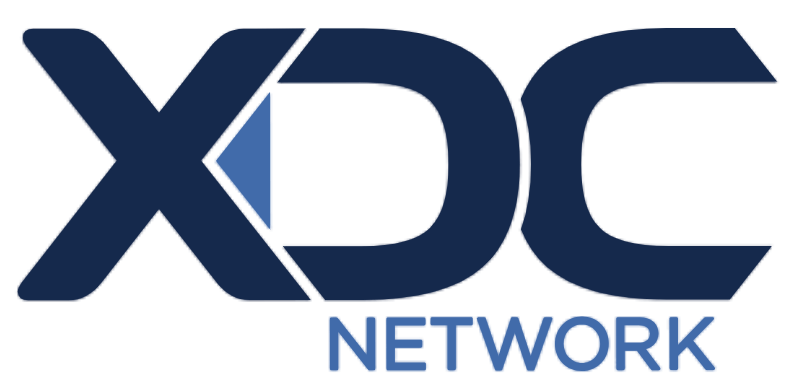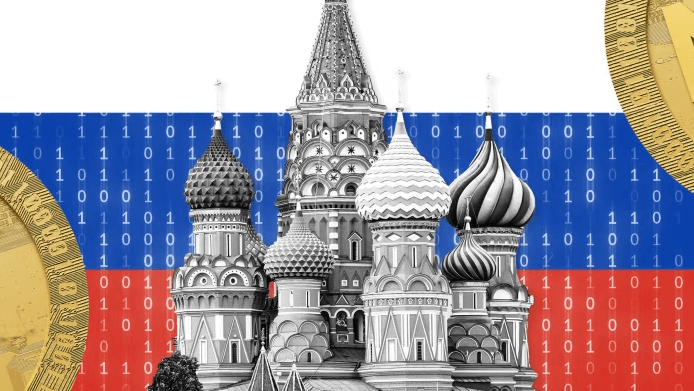The cryptocurrency market is experiencing a surge in optimism following the recent approval of an Ethereum spot Exchange-Traded Fund (ETF) in the United States. This landmark decision is expected to bring more institutional capital into Ethereum and enhance its legitimacy as an investable asset.

Key Factors Behind the Ethereum ETF Approval
- Regulatory Green Light: After months of deliberation, the U.S. Securities and Exchange Commission (SEC) has approved Ethereum ETFs, citing increased market maturity and demand from institutional investors.
- Institutional Inflows: The ETF allows traditional investors to gain exposure to ETH without directly holding or managing cryptocurrencies, leading to increased liquidity.
- Ethereum’s Growing Utility: With Ethereum powering DeFi, NFTs, and enterprise blockchain solutions, its ecosystem has proven resilience and long-term viability.
- Bitcoin ETF Precedent: The success of Bitcoin spot ETFs has paved the way for Ethereum, demonstrating institutional appetite for crypto assets.
- Broader Market Confidence: The ETF approval is seen as a step toward regulatory clarity, encouraging further investment in the broader crypto market.
Market Impact
- Price Surge: Ethereum’s price has reacted positively to the news, with analysts predicting further gains as institutional adoption increases.
- Altcoin Rally: A spillover effect has lifted other altcoins, as confidence in regulatory acceptance grows.
- Potential Future Approvals: The move sets a precedent for other crypto-based ETFs, including those tied to Solana, Cardano, and other Layer-1 blockchains.
What’s Next?
As Ethereum ETFs launch, attention will shift to how they perform in terms of inflows, trading volume, and their impact on Ethereum’s on-chain activity. Investors and analysts will be watching closely to see if this sparks a broader wave of mainstream crypto adoption.
Disclaimer: This article is for informational purposes only and is not investment advice. Investors should research carefully before making any decisions. We are not responsible for your investment decisions.
















